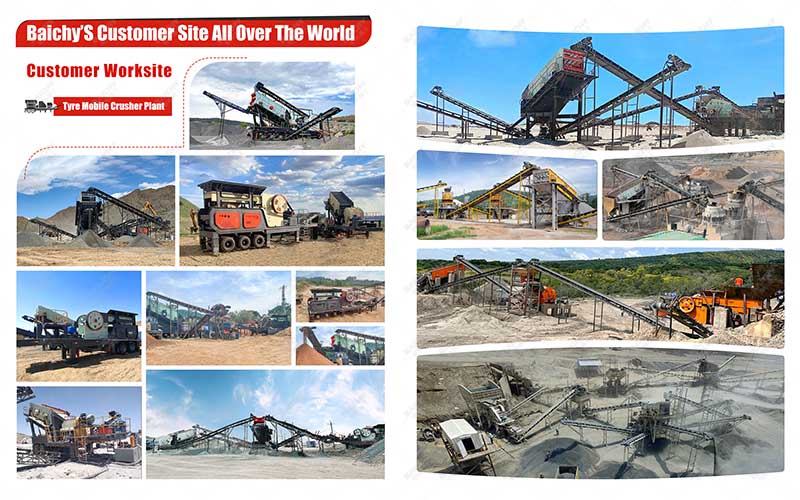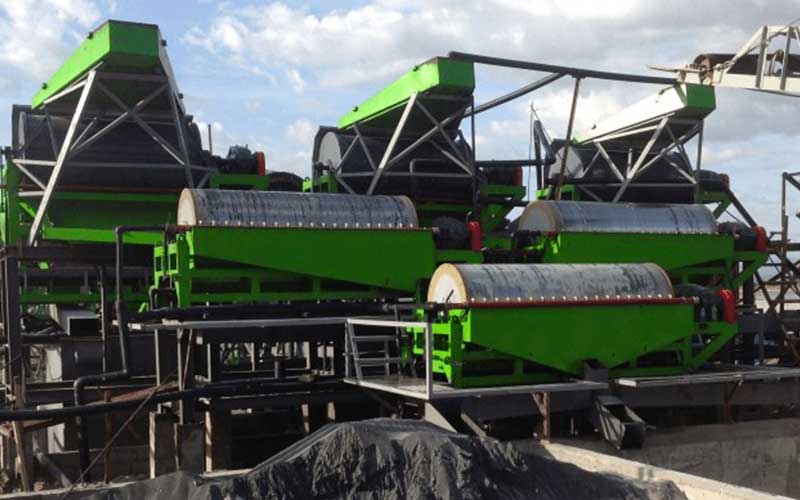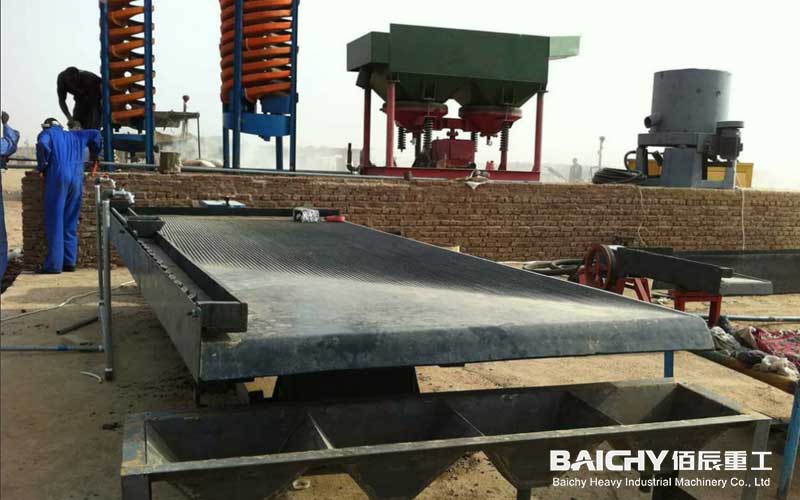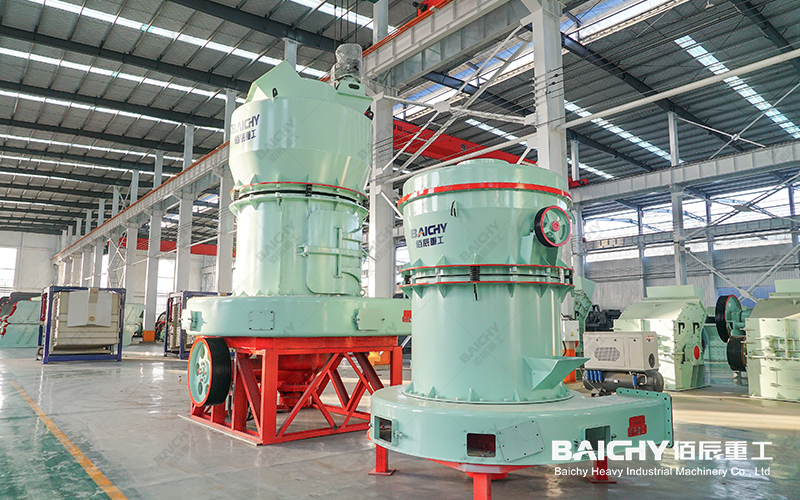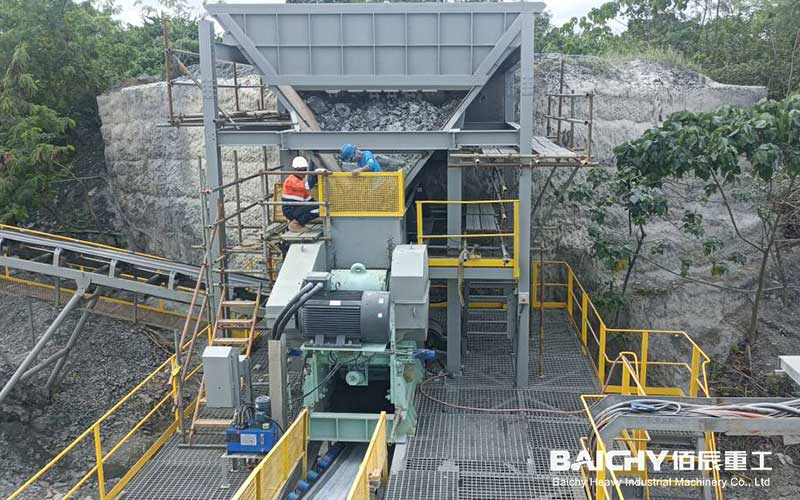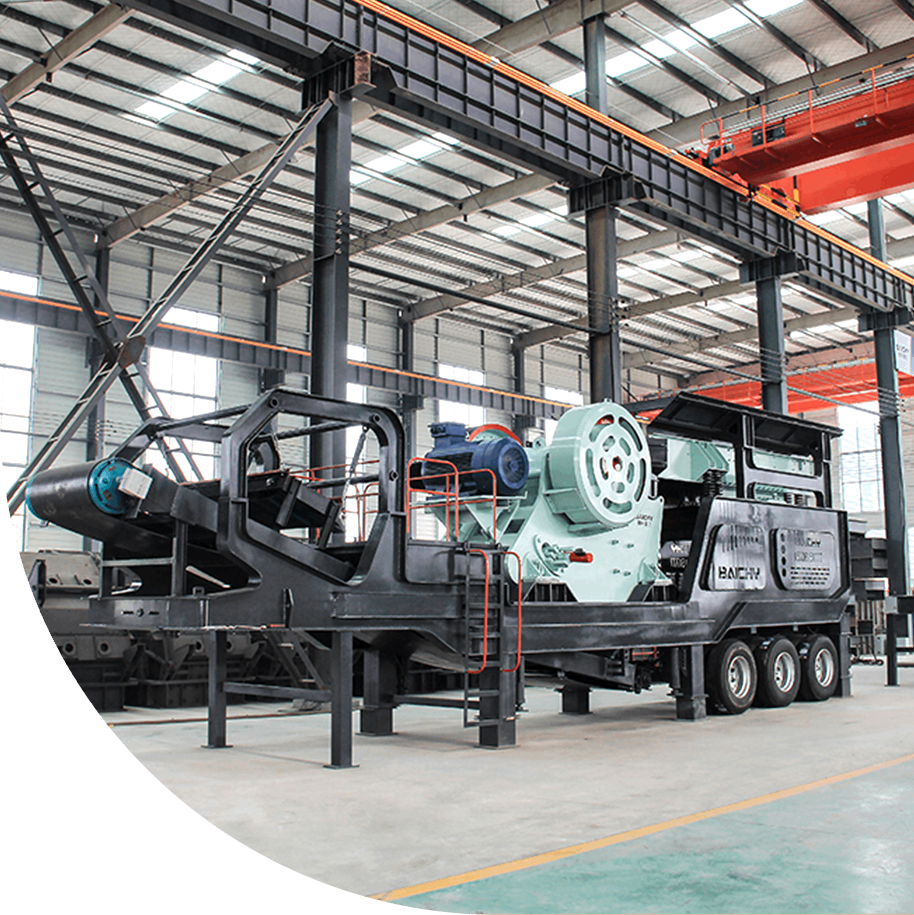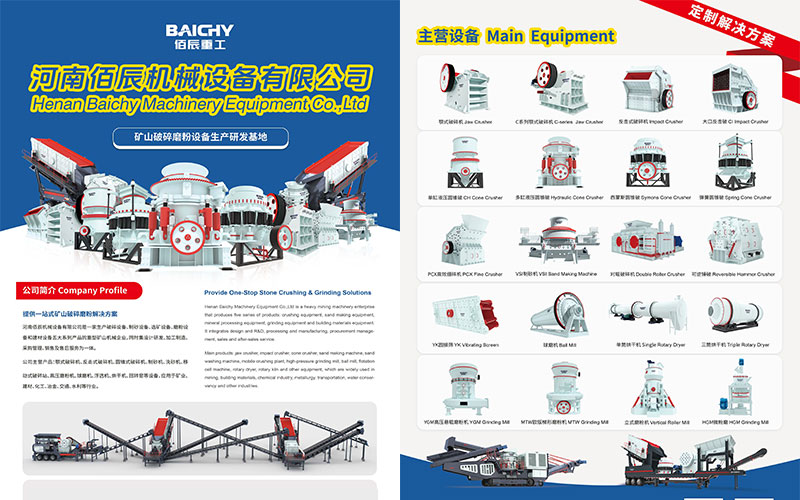
Indonesia's nickel ore is primarily lateritic nickel ore, whose characteristics differ significantly from those of hard rock ores (such as sulfide ores).
This directly influences equipment selection:
• High moisture and viscosity: Lateritic nickel ore typically contains a high moisture content (sometimes reaching 30%-40%), resulting in extreme viscosity and prone to adhering to equipment walls, hoppers, and conveyor belts.
• Susceptibility to mudification: Some ore layers (such as saprolite) readily transform into mud when exposed to water, posing significant challenges to washing and screening.
• Low hardness but high abrasiveness: Lateritic nickel ore itself is not particularly hard, but it often contains highly abrasive silica (quartz) particles, placing extremely high demands on equipment wear resistance.
• Layered characteristics: Ore layers are typically pided from top to bottom into layers of limonite, transitional layers, and saprolite, each with varying moisture, viscosity, and nickel content. Core Challenges: Blockage and adhesion issues when handling sticky and wet materials, as well as wear issues caused by highly abrasive materials.
Common Crushing Equipment Types and Selection
Given the above characteristics, the following equipment is the mainstream choice for Indonesian nickel ore projects:
1. Jaw Crusher
• Role: Typically used as the first stage of primary crushing.
• Applicability: Ideal for processing large ore directly from the mine. Its powerful crushing force can handle materials containing large ore chunks and debris.
• Considerations: For sticky materials, a very large discharge port and anti-adhesion liners are required, and sometimes a specialized material-poking device is required to prevent blockage.
2. Gyratory Crusher
• Role: The primary crushing option for large projects.
• Applicability: With its high processing capacity and relatively low operating costs, it is suitable for large-scale, continuous mining projects (such as mines supporting large smelters). • Considerations: The initial investment is high, and the equipment is bulky, making it perhaps not the preferred choice for medium-sized projects.
3. High-Pressure Grinding Rollers (HPGR)
• Role: Tertiary crushing equipment, which has become increasingly popular in laterite nickel ore processing in recent years.
• Advantages:
• Energy saving: Energy consumption can be reduced by 20%-30% compared to traditional cone crushers.
• Excellent product particle size: Utilizing a laminated crushing principle, it produces a high concentration of fine powder with abundant microcracks within the particles, which is highly beneficial for subsequent beneficiation (such as washing) or pre-smelting blending.
• Strong ability to handle sticky and wet materials: Its operating principle is relatively insensitive to the moisture content of the material, and its anti-clogging ability is superior to that of cone crushers.
• Application: HPGRs have become core crushing equipment in many new HPAL (high-pressure acid leaching) projects and RKEF (rotary kiln-electric furnace) nickel-iron projects in Indonesia.
4. Hammer Crusher / Impact Crusher
• Role: Somewhat applicable in secondary or tertiary crushing.
• Considerations: When processing extremely sticky laterite nickel ore, it is prone to severe sticking and clogging issues, so it is not as widely used as HPGR and cone crushers. It is more suitable for drier ores or those that have undergone drying.
5. Cone Crusher
• Role: Traditional secondary and tertiary crushing equipment.
• Applicability: While the technology is mature, the discharge port is prone to clogging when processing sticky laterite nickel ore, requiring frequent shutdowns for cleaning and affecting continuous operation efficiency.
• Current Status: Gradually being replaced by the more efficient HPGR, but still in operation in many existing projects.
Important Considerations for Operating in Indonesia
1. Localized Service and Support
• Spare Parts Supply: Equipment wearing parts (such as liners, rollers, and hammers) wear quickly. It is crucial to ensure that the supplier has a comprehensive spare parts warehouse and fast supply channels in Indonesia. Otherwise, downtime waiting for spare parts can result in significant losses.
• Technical Service: The supplier must have a team of technical engineers based in Indonesia or available for rapid response, capable of providing installation guidance, commissioning, regular maintenance, and emergency troubleshooting.
• Partner Agents: Most internationally renowned brands (such as Metso Outotec, Sandvik, and FLSmidth) have strong local agents in Indonesia. When selecting equipment, consider not only the equipment itself but also the after-sales service capabilities of the local agent.
2. Environmental and Climate Adaptability
• High Temperature and Humidity: The electrical system and lubricant oil cooling system must be adapted to tropical climates.
• Rainy Weather: Equipment located outdoors requires consideration of rust prevention and drainage. Muddy roads in mining areas can hinder equipment transportation and movement.
3. Government Policies and Compliance
• Raw Ore Export Ban: The Indonesian government, aiming to promote the development of downstream industries, has banned raw ore exports and encouraged local processing (smelting). This means that the crushing system is often part of the raw material preparation process within a smelter or processing plant. Equipment selection must meet the overall plant's process requirements (e.g., the HPAL plant's specific feed particle size requirements).
• Environmental Requirements: Dust and noise control must comply with local standards, and dust removal systems may be required.
The following process should be followed when selecting crushing equipment for an Indonesian nickel ore project:
1. Detailed analysis of ore properties: particularly moisture content, viscosity, and particle size composition.
2. Clarification of process requirements: Determine the target particle size of the crushed product and the overall production process (will it be used for washing, heap leaching, or direct feed to an electric furnace?).
3. Prioritize anti-sticking and wear resistance: Equipment design must address the two core issues of clogging and wear. HPGR is currently recognized as a highly effective solution for processing laterite nickel ore.
4. Prioritize after-sales service: Choose brands with a strong dealer network, spare parts inventory, and technical team in Indonesia. This is more important than the initial price of the equipment itself.
5. Conduct a comprehensive cost assessment: Calculate the total cost of ownership (TCO), including investment, energy consumption, maintenance costs, and downtime losses.
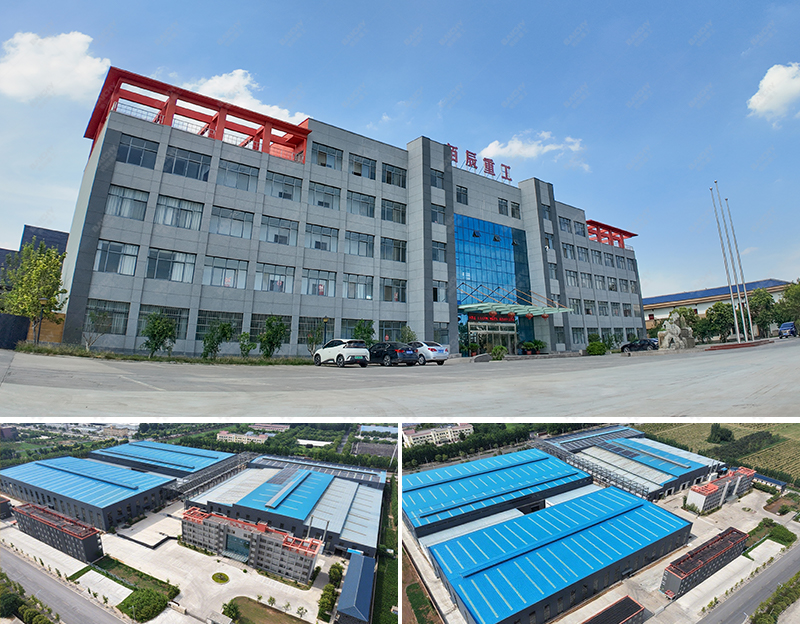
Baichy Heavy Industry – Your Trusted Partner for Seamless Equipment Operation
To ensure optimal performance of your equipment, Baichy Heavy Industry offers:
- Professional on-site installation guidance
- Comprehensive operator training
- 24/7 technical support & maintenance services
Our complete after-sales service system guarantees long-term, stable operation of your machinery with minimal downtime.
Protect Your Rights – Only Use Official Channels
To avoid scams and ensure authentic support, contact us exclusively through:
• Official Website: www.baichychina.com
• WhatsApp: +8615093222637
• Email: [email protected]
Your satisfaction is our priority – expect prompt, professional service every time.
(Note: Beware of unauthorized third parties claiming to represent Baichy. Always verify through official contacts.)
